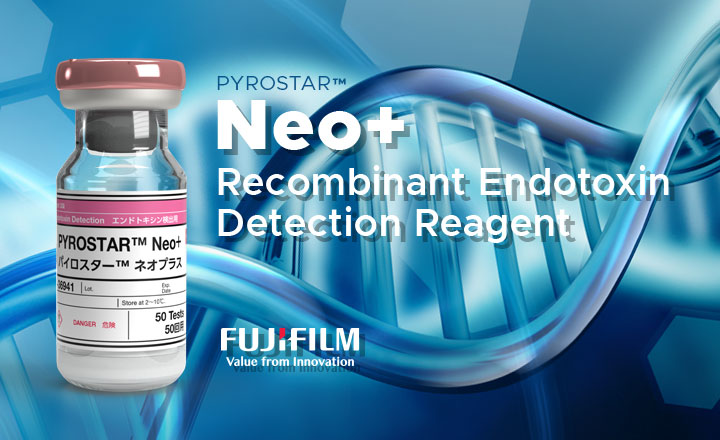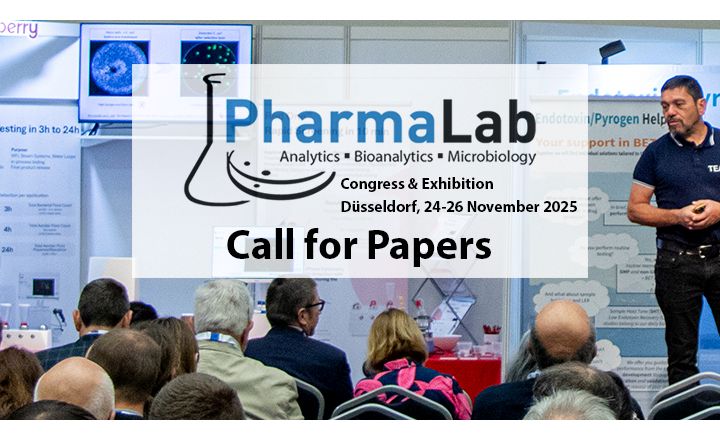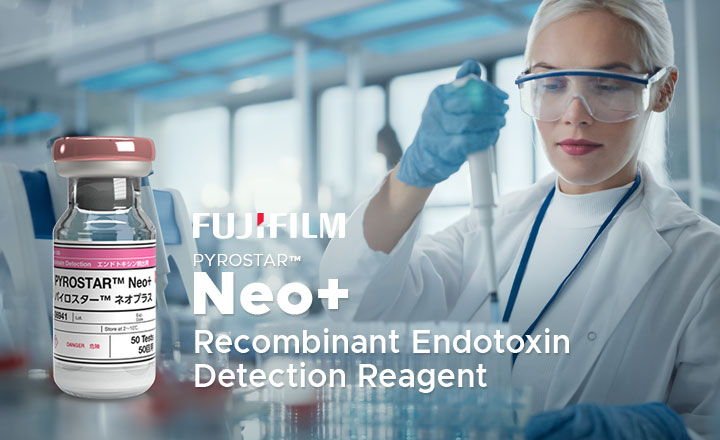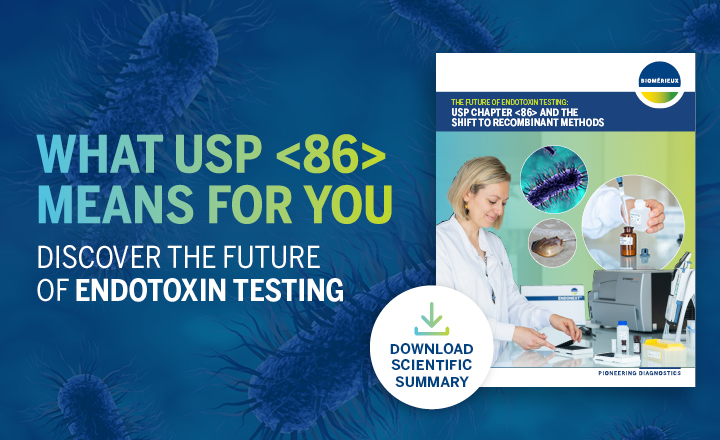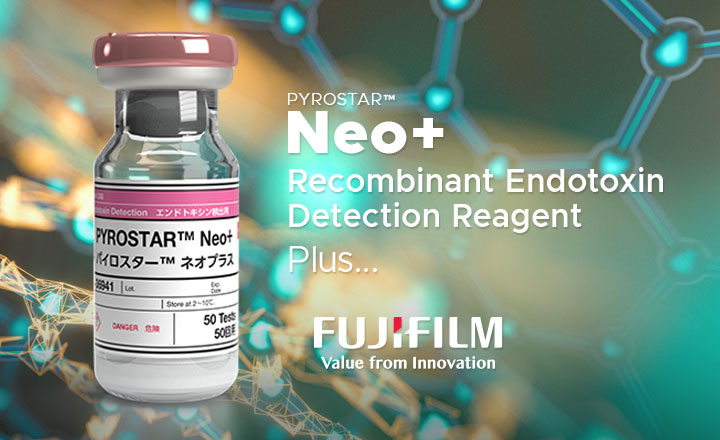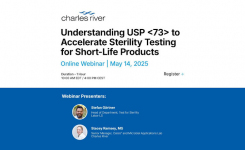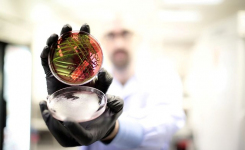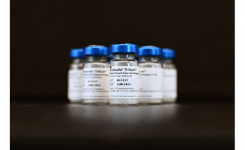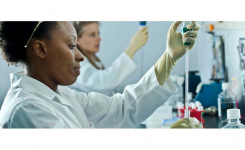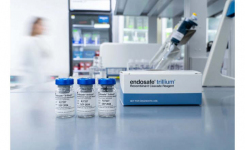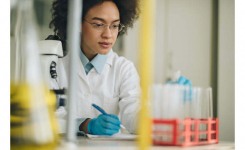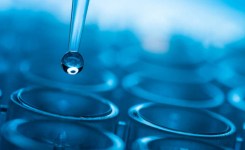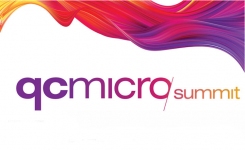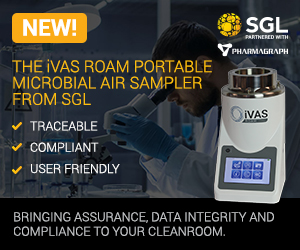Foster Jordan discusses horseshoe crabs, rFC, and what’s at stake for the pharma industry Listen to the Full Episode Now
Podcast Summary
Foster Jordan has only had one job. He worked alongside his father, an investor in Endosafe®, a small South Carolina based company founded in the 1980s, which Foster has been at since. He continued with the company after it was acquired by Charles River in 1994.
“I don’t even have a resume,” Foster joked. “I’ve known people that I’ve worked with much longer than most everybody in my life because it’s what I’ve done for my whole adult life.”
Foster Jordan is the Microbial Solutions Corporate Senior Vice President for Charles River, based in Charleston, SC. The FDA-licensed facility manufactures Limulus amebocyte lysate (LAL), a reagent derived from the blood of the horseshoe crab and used by pharmaceutical companies to test for the presence of fever causing agents (bacterial endotoxins) in biologicals, and medical devices. From fishing for Atlantic horseshoe crabs to refining the chemical and mechanical aspects of LAL testing, Foster has seen it all from the beginning.
Foster expressed an interest in sharing his story on our Sounds of Science podcast as he is passionate about his work, and he is concerned about the misinformation surrounding both LAL testing and the new player, recombinant factor c (rFC). With the continuing COVID-19 pandemic, everything to do with drug development and vaccine production has been held under a microscope.
“It’s even more obvious as we go through the COVID-19 crisis when we see the increased demand on our products and services,” Foster said. “Because people need everything from more syringes, to more IV bags, to more needles, to more saline, to developing vaccines. The more production there is, the more there’s a need for our product.”
With the ability to produce enough tests to release 5 billion doses of COVID-19 vaccine in one day, LAL manufacturers are prepared for an increase in essential and compendial endotoxin tests needed to release critical COVID-19 therapies to market. This increase places an undue burden on the LAL supply chain or horseshoe crab populations.
Enter the new player, recombinant technology. Currently, rFC is commercially available and is a synthetic recombinant protein of the first protein in the endotoxin cascade. These recombinant reagents can be manufactured and do not require the natural blood of the horseshoe crabs. This has led some to wonder if LAL could be replaced by recombinant BET technology.
Foster himself saw the tremendous amount of time, research, and money that went into validating the LAL testing originally. Before LAL, the standard for safety was the rabbit pyrogen test. The switch came after 15 years of safety and comparability studies, leading to rabbits being almost entirely supplanted by LAL.
It would be almost impossible to run similar comparisons between rabbit pyrogen and the new recombinant technologies. We must, however, continue to generate data to look at comparability of recombinant alternatives to LAL and run studies on pyrogenicity before recombinant reagents become mainstream.
“So we’re missing that direct biological link in correlation back to the biological model,” Foster said. “That’s what scary to me.”
Listen now to learn more about Foster, horseshoe crabs, and the potential road forward for recombinant technology.
Click Here to see our other podcasts.



